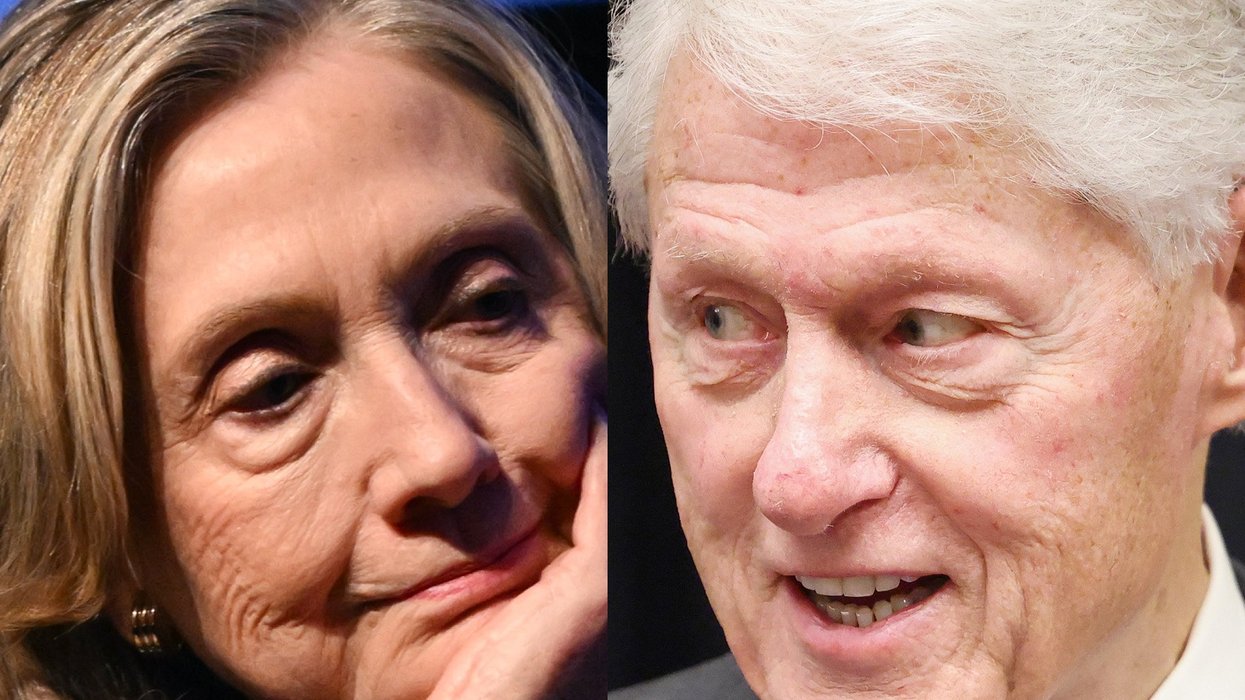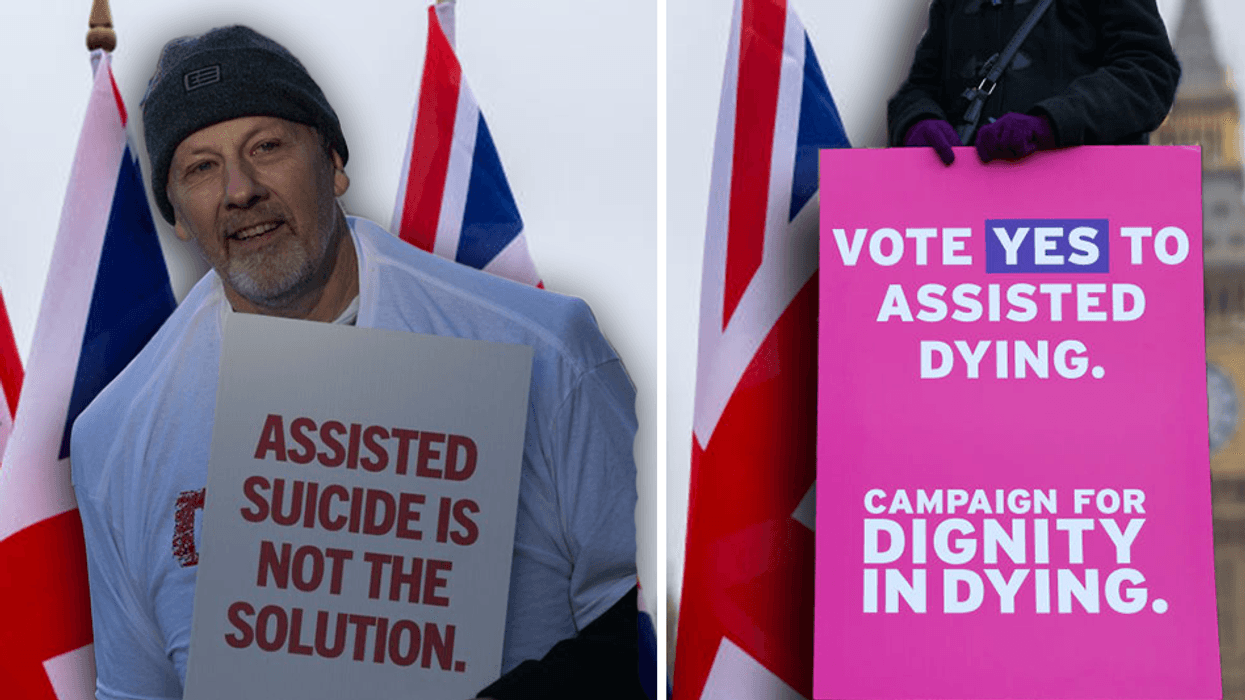© 2024 Blaze Media LLC. All rights reserved.
“Is this a good use of tax money? Probably not."
Secret shoppers aren't anything new. Retail stores use them regularly to gather customer service data. But what happens when the government uses them to check up on doctors across the country? Is that going too far? That's exactly what's about to happen to over 4,000 doctors in nine states.
The New York Times reports that 4,185 doctors in Florida, Hawaii, Massachusetts, Minnesota, New Mexico, North Carolina, Tennessee, Texas, and West Virginia -- 465 in each state -- will be getting stealth calls from people posing as potential patients. The point is to see if doctors are discriminating against those with government care such as Medicare, and to decipher how long wait times are.
“Access to primary care is a priority for the administration," Health and Human Services spokesman Christian J. Stenrud told the Times. "This study is an effort to better understand the problem and make sure we are doing everything we can to support primary care physicians, especially in communities where the need is greatest.”
But plenty of doctors don't see this as a friendly phone call as much as a government encroachment. Or, worse, Big Brother.
“I don’t like the idea of the government snooping,” Dr. Raymond Scalettar, an internist in Washington, told the Times. “It’s a pernicious practice — Big Brother tactics, which should be opposed.”
And that seems to be the consensus of those physicians interviewed by the Times:
Dr. George J. Petruncio, a family doctor in Turnersville, N.J., said: “This is not a way to build trust in government. Why should I trust someone who does not correctly identify himself?”Dr. Stephen C. Albrecht, a family doctor in Olympia, Wash., said: “If federal officials are worried about access to care, they could help us. They don’t have to spy on us.”
The Times obtained a mock script of what a mystery caller might say:
Mystery shopper: “Hi, my name is Alexis Jackson, and I’m calling to schedule the next available appointment with Dr. Michael Krane. I am a new patient with a P.P.O. from Aetna. I just moved to the area and don’t yet have a primary doctor, but I need to be seen as soon as possible.”Doctor’s office: “What type of problem are you experiencing?”
Mystery shopper: “I’ve had a cough for the last two weeks, and now I’m running a fever. I’ve been coughing up thick greenish mucus that has some blood in it, and I’m a little short of breath.”
Most offices will get two calls, one pretending to be from someone with private insurance and one from someone pretending to have government care. Still other offices will get a third call from government officials who "will ask whether the doctors accept private insurance, Medicaid or Medicare, and whether they take 'self-pay patients'” in an attempt to note any discrepancies.
The use of the secret callers comes as a Massachusetts Medical Society released a report last month showing a dismal trend in the state where government health care has taken root: 53 percent of family physicians and 51 percent of internal medicine physicians are not accepting new patients, and wait times are increasing, averaging 36 days to see family doctors and 48 days for internists.
“Is this a good use of tax money? Probably not," Dr. Robert L. Hogue, a family physician in Brownwood, TX asked the Times. "Everybody with a brain knows we do not have enough doctors.”
Read the NY Times article here. Read the full Massachusetts Medical society report here.
Want to leave a tip?
We answer to you. Help keep our content free of advertisers and big tech censorship by leaving a tip today.
Want to join the conversation?
Already a subscriber?
more stories
Sign up for the Blaze newsletter
By signing up, you agree to our Privacy Policy and Terms of Use, and agree to receive content that may sometimes include advertisements. You may opt out at any time.
© 2024 Blaze Media LLC. All rights reserved.
Get the stories that matter most delivered directly to your inbox.
By signing up, you agree to our Privacy Policy and Terms of Use, and agree to receive content that may sometimes include advertisements. You may opt out at any time.


